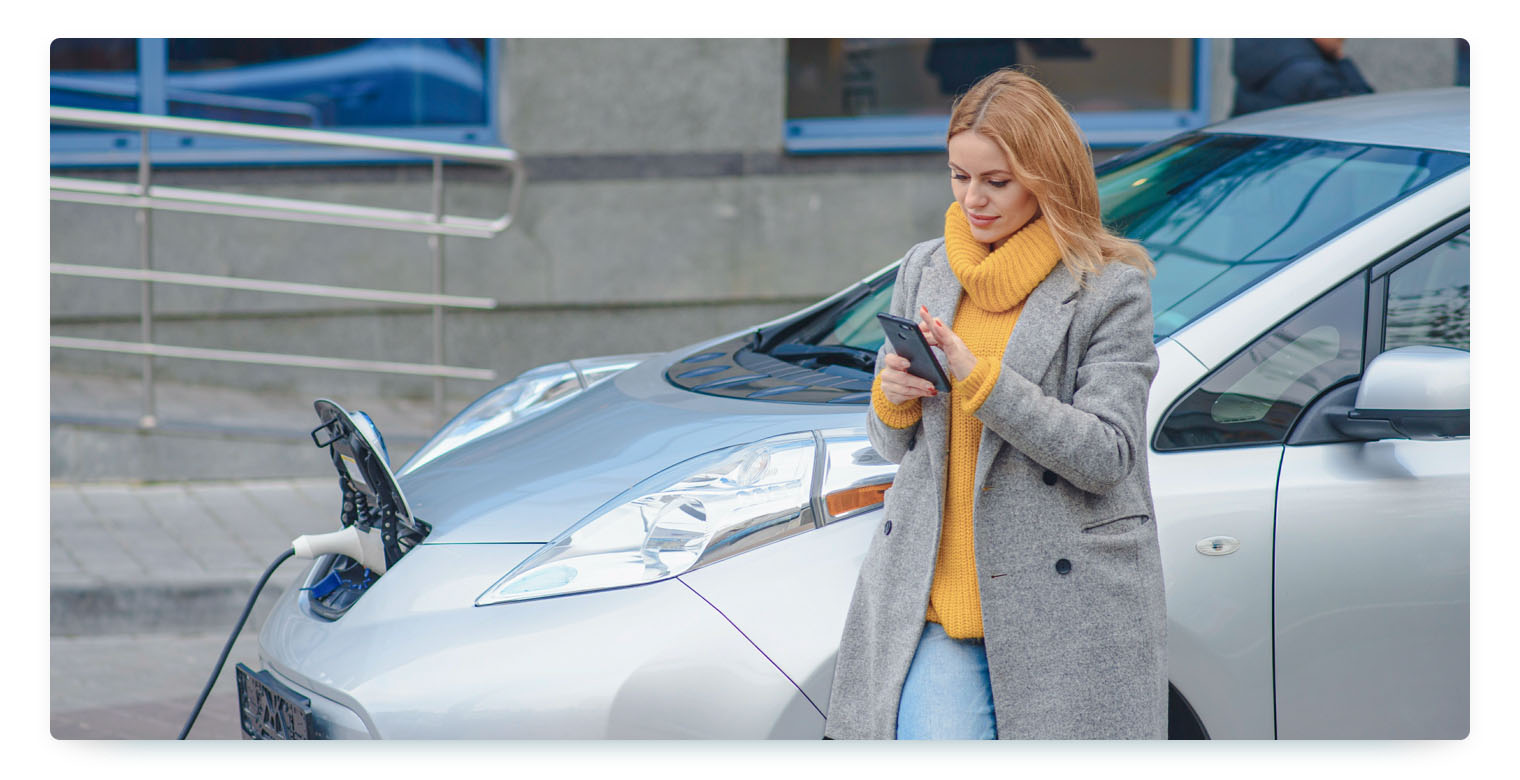
3 min read • April 10, 2025
What can the world of shared mobility learn from Airbnb, one of high-flyers of the sharing economy? Andrea Cordani, Senior Business and Operations Lead at Airbnb, shared his perspective on this with us. We believe it’s crucial to regularly look beyond the confines of your own backyard and get inspiration from different yet similar industries. Which is why we invited Andrea to share more of his insights at the MOQO Summit 2025.
Market

Andrea has 16 years of experience in the tech industry, e.g. gained at companies like Apple, Adobe and Amazon. In his current position as Senior Business and Operations Lead at Airbnb, he strives to improve the platform for all parties involved every single day, specializing in customer-centric strategies. In his keynote at the MOQO Summit 2025, he will focus on common questions from both hospitality and mobility: How to influence demand? And how to ensure high quality through working efficiently with reviews and data?
More about MOQO Summit 2025 →
Both Airbnb and shared mobility thrive on offering diverse choices—whether it’s a treehouse or a castle, a scooter or a luxury car. Consumers now expect flexibility and personalization when selecting accommodations or mobility options.
In both industries, sustainability is a key driver of change. Shared mobility reduces the need for private car ownership. Also, the rate of electric vehicles among shared mobility services is higher than that among private households. Airbnb’s model supports sustainable tourism by utilizing existing accommodations rather than requiring new construction. A great example is Milano Cortina’s Olympic bid, which succeeded partly due to Airbnb’s ability to provide lodging without building new hotels.
How does shared mobility help the climate →
Modern data and technology help the sharing economy to bring more customization to each customer. How can the experience be personalized? How can guests and drivers feel special, feel like they are understood and that the services are exactly what they wanted (and sometimes didn't know they wanted)? AI can become a strong partner in answering these questions.

Both Airbnb and shared mobility have reshaped their industries—not just by enabling access but by driving continuous innovation. Airbnb’s two-way review system set a standard for trust, just as new mobility services rely on driver ratings, predictive pricing, and real-time tracking. AI-driven personalization and seamless booking processes help both industries enhance user experiences and adapt to evolving customer needs.
Another aspect is how sharing brought wealth to individuals or small companies, other than only to large-scale entrepreneurship. It’s not just about sharing a house or a car but it’s sharing the wealth that is generated by the service.
“My mom is a 75 year-old widow. Three years ago she lost my dad, and she put an apartment on Airbnb. Thanks to that, she achieved financial independence (pensions are extremely meager in Italy) and found a new way to connect with the world. She bakes for her guests, she often invites them to dinner, she lends her car to them. This is not money going to an hotel chain empire but it's being shared with many. Not that there's anything wrong with large-scale entrepreneurship, but we love the ability to change thousands of lives for the better and see millions of small entrepreneurs rise.”
Andrea Cordani,
Senior Business and Operations Lead, Airbnb
Keynote speaker at MOQO Summit 2025
Disruption is usually something that certain interest groups in an industry do not like. This is why both Airbnb and shared mobility are familiar with regulatory pressure.
Legal regulations for shared mobility operators →

Over the years, users have adapted and changed. 15-20 years ago, those who would choose somebody's air mattress or private vehicle were pioneers. Companies had to build features designed for trust. Who am I going to stay with? Do I trust this guy to stay at my house while I sleep in another room or even in the same one? With time, this has normalized: guests got used to it and hosts professionalized. More and more users started investing in cars or apartments. Property management companies started offering services to investors or to private owners who couldn't take care of their properties or didn't want to develop the know-how.
One more shift Andrea sees in both industries is the shift towards unmanned services. Self-riding cars on one side, places with self-check-in on the other. For a percentage of guests this is desirable, but the connection between hosts and guests, operators and drivers, will probably not go away.
How autonomous driving might affect carsharing in the future →
At last, one common challenge: accessibility. What can you do to offer better access to your services?

In his keynote, Andrea Cordani will offer a unique perspective on how the principles that made Airbnb a global success can be applied to shared mobility. His keynote will explore the evolution of trust in digital platforms, the impact of data-driven decisions, and strategies to shape consumer demand. Join us at MOQO Summit 2025 to hear from Andrea Cordani and gain insights that could transform your business.